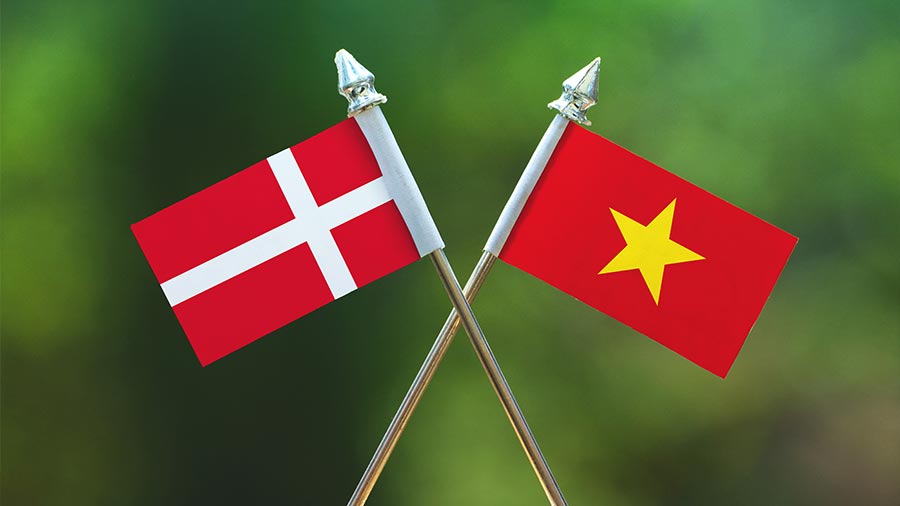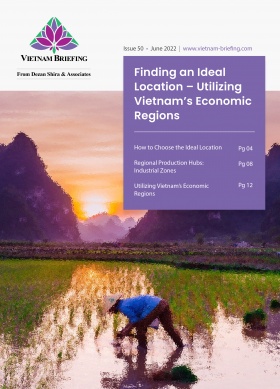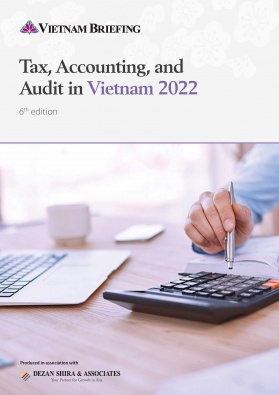Why SEA Craft Beer Brewers are Choosing Vietnam
Vietnam is well positioned to become a haven for Southeast Asia’s craft beer-lovers. The country already has a deep-seated relationship with beer, and in recent years, has lured in a raft of foreign craft beer brewers from around the region. Here’s why.
If you think craft beer is mainly for Western markets: Think again.
Across Districts 1, 2, and 3 of Vietnam’s Ho Chi Minh City, it’s easy to find craft beer breweries with operational capacities comparable to those in Western countries.
Some 30 brewers have set up in Vietnam, welcoming a healthy flow of customers both pre and post-pandemic.
Vietnam is also home to the headquarters of award-winning brewer, Pasteur Street Brewing Company, with its reputed Marou cocoa pod-infused Cyclo Stout listed a must-try by Life and Travel Asia.
Indeed, Vietnam’s craft beer industry is growing not only in size but also reputation.
An overview of Vietnam’s beer market
Vietnam’s beer consumption as of 2022 was 2.2 percent of the global market, at 3.8 million kiloliters of beer annually. This has made it the leader in the ASEAN region for beer consumption.
Key players dominating the market include both domestic and international brands like Heineken, Carlsberg, Sapporo Breweries, Hanoi Beer Alcohol and Beverage Corp. (Habeco), and Saigon Alcohol Beer and Beverage Corp. (Sabeco).
That is not to say there isn’t room for more made-in-Vietnam craft beers.
On the contrary, the Vietnamese craft beer market is not only booming but also injecting the industry with its own special taste of home.
What makes Vietnam a hot spot for craft beer brewing?
Craft beer recipes in Vietnam have evolved in every kind of way due to Vietnam’s geographical advantages.Vietnam is home to a multitude of spices and fruits, which have been extensively used in craft beer recipes, ranging from lemongrass, passion fruit, and beetroot to coffee and cocoa.
This means brewers in Vietnam are less dependent on imported ingredients, thereby reducing input costs and allowing for more competitive prices.
The infusion of local produce has also set craft beer brewers in Vietnam apart from their competitors elsewhere.
For example, the 2021 Asia Beer Championship cemented Vietnam’s position in the regional craft beer market, with four gold medals, equaling Singapore.
The country is also known for a more relaxed legal environment for craft beer brewers as they are allowed to produce craft beers in small batches. This is as opposed to Thailand which requires brewers to produce in quantities of at least 10,000 liters annually. As a result, many small-scale Thai brewers have shifted their production to Vietnam where an output of as little as 1,000 liters is allowed.
There is also the ease with which craft beer can be shipped from Vietnam to Thailand. With its geographical proximity and improved logistics, Vietnam is an optimal choice for brewers looking to legally produce in Vietnam in small batches and then export to Thailand.
Changing attitudes towards beer in Vietnam
Another key factor is Vietnam’s well-educated customer base. Generation Z in Vietnam keeps itself up to date with global trends, especially elite experiences like wine and craft beer tasting. They are eager to learn just how their drinks are made – an on-site experience that is common among craft beer breweries.
Beer is now less of a commodity and more of a culture among young generations of Vietnamese, which make up the bulk of the population.
The “nhau” (intensive beer drinking at gatherings) is seen among 20, and 30 year olds on a lesser frequency. Drinking to become intoxicated is no longer the main purpose of consuming alcohol now that ‘tasting’ has caught on.
Middle-income consumers are also becoming pickier when it comes to food and beverages and the unique recipes and on-site brewing of domestic craft beers, is particularly enticing to this new breed of quality conscious consumers.
Potential obstacles to growth in Vietnam’s craft beer industry
But it’s not entirely smooth sailing for Vietnam’s craft beer brewers.Recently, the government issued Decision 508/QD-TTg on 23 April, specifying that there would be a roadmap for increasing the special consumption tax (SCT) on beer and alcohol products by 2030.
This could lead to the imposition of a higher tax rate on some alcoholic beverages. Currently beer attracts a SCT tax rate of 65%.
A higher tax imposed on craft beer will drive prices up, posing profit concerns for brewers.
However, it may also spur a trading-up effect: at a higher price, craft beer may be seen as a premium or luxury product, thus ramping up its perceived value.
Where is Vietnam’s craft beer industry headed?
Even though the beer market in Vietnam is dominated by major players like Sabeco, Habeco, Heineken, and Carlsberg, craft beer still has its own piece of the pie – a piece that is rapidly expanding.
This is driven by the availability of unique produce, prime conditions for craft beer brewing, and changing attitudes among young Vietnamese.
Many consider the boom of craft beer in Vietnam a fad – easy come and easy go.
However, it is more likely that this is just the beginning.
About Us
Vietnam Briefing is published by Asia Briefing, a subsidiary of Dezan Shira & Associates. We produce material for foreign investors throughout Eurasia, including ASEAN, China, India, Indonesia, Russia & the Silk Road. For editorial matters please contact us here and for a complimentary subscription to our products, please click here.
Dezan Shira & Associates provide business intelligence, due diligence, legal, tax and advisory services throughout the Vietnam and the Asian region. We maintain offices in Hanoi and Ho Chi Minh City, as well as throughout China, South-East Asia, India, and Russia. For assistance with investments into Vietnam please contact us at vietnam@dezshira.com or visit us at www.dezshira.com
- Previous Article Vietnam’s Luxury Car Market Heats Up with McLaren Joining the Fray
- Next Article Explained: Implications of the Latest Fed Rate Hike on the Vietnamese Dong

































